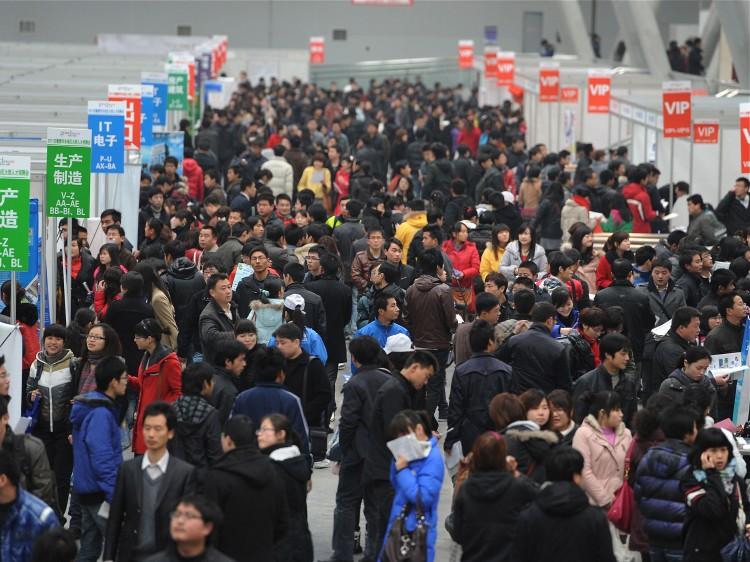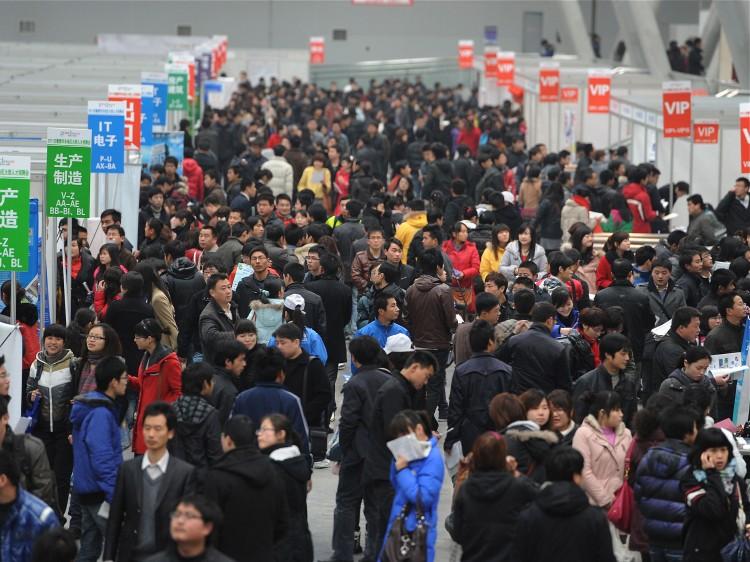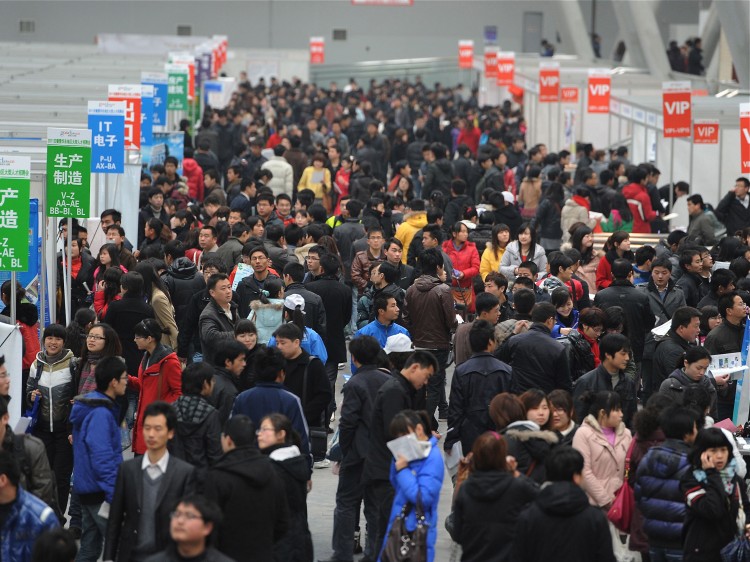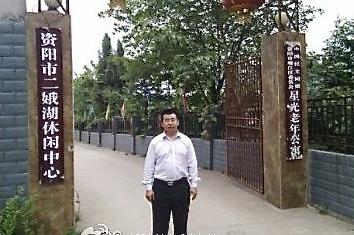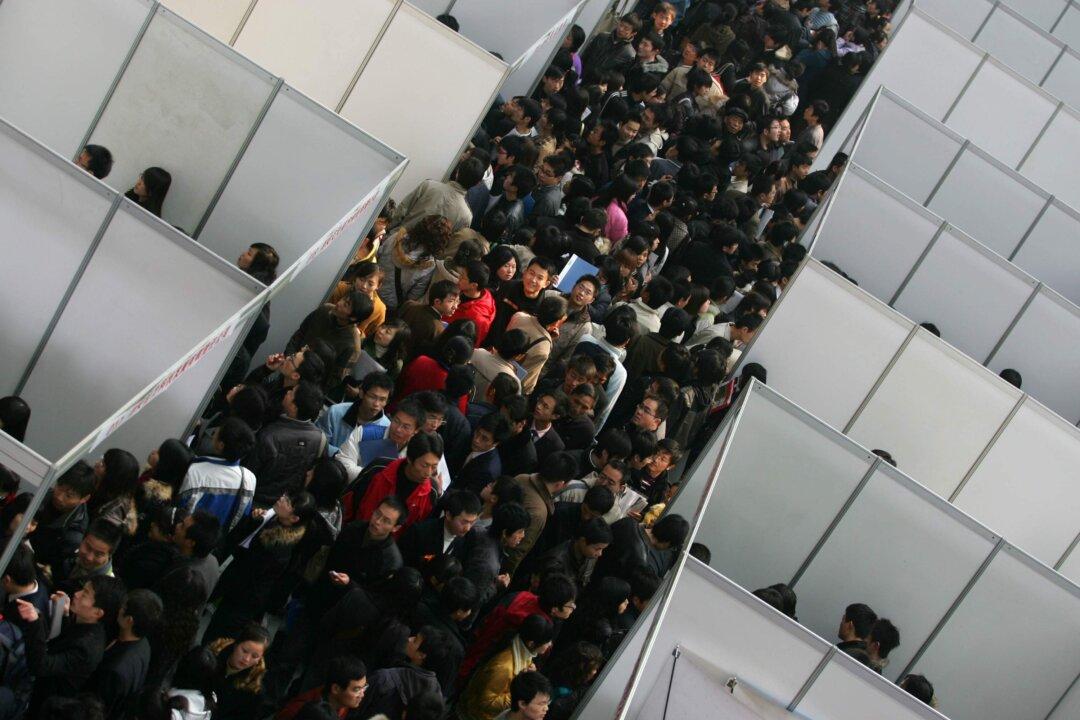A disgruntled employee of a state-run water supply company in Southern China who killed three managers by setting them on fire underscores the poor economic climate in many small and medium-sized Chinese cities, an economist wrote.
The woman, Shi Yanfei, carried out the attack last week before jumping to her death in Shaoyang City, located in Hunan Province. State-run media said she carried out the attack out of revenge because one of her children was not hired, although another was employed there.
He Qinglian, a Shaoyang-born economist who lives in the United States, said in an article published in the Human Rights Bi-Weekly that while the attack should not be condoned, Shi was one of numerous desperate Chinese who was marginalized by high unemployment and gloomy job prospects.
“It is extremely difficult to find a job in smaller second or third-tier cities and ordinary people see no hope,” she wrote, noting that Shaoyang falls into that category. In Shaoyang, eight out of nine working-age residents—or 4 million people—are unemployed, according to government data. Millions more have left the city to find work elsewhere.
And in China, officials with state-owned companies such as the water company engage in nepotistic practices on a regular basis. “State-owned enterprises have a tradition of hiring mainly from staffers’ families ... giving rise to new conflicts,” said He.
With this in mind, many smaller cities in China are mired in a lackluster economic situation. As a result, state-run water and electricity companies, which provide relatively stable benefits and wages, are the most coveted jobs.
“Seeing such [high unemployment] numbers, it is easy to understand that a job at a water supply company could be considered a precious thing for people in Shaoyang,” wrote He.
Since such jobs at state-run companies and government jobs are in high demand, people will resort to any means and use their personal networks to secure them. But it’s difficult, she notes, for ordinary people whose family members don’t work there to get such jobs, because many officials of state-run companies promise jobs to their children.
The situation in Shaoyang, with its high unemployment rate, is similar for many medium-sized cities in China. The unemployment rate could be a major catalyst for unrest in China, the economist said, noting that it was the driving factor for the social upheaval in Tunisia that ousted longtime President Zine El Abidine Ben Ali and triggered the Arab Spring last year.
Using Chinese terminology, she described Shi Yanfei’s attack as “the story of an ordinary person who was turned into a demon by hardship,” because before the incident “she was only a common Chinese mother who wanted to see her sons become economically independent.”
He Qinglian warned that similar tragedies might occur in the future. “There are tens of thousands of mothers who are in a similar situation. Any of them ... could become the next Shi Yanfei.”
The Epoch Times publishes in 35 countries and in 19 languages. Subscribe to our e-newsletter.
